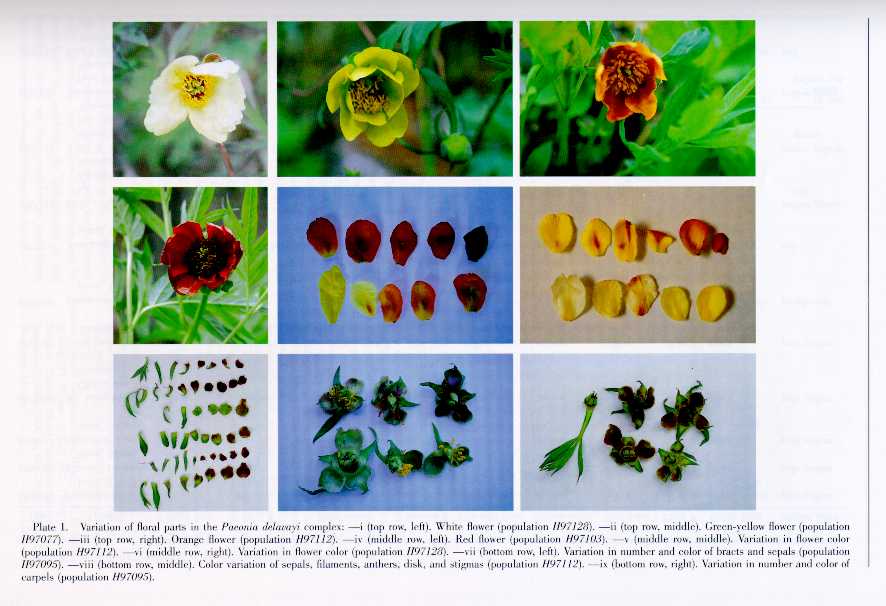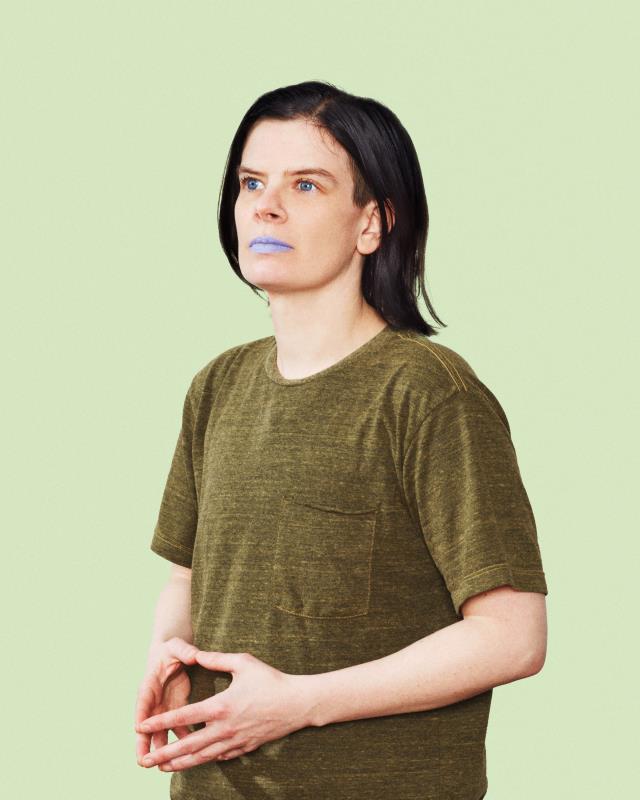Mozart, Shostakovich and the two Joe’s
The relationships between composers and heads of government has a long, rich history. Monteverdi had a string of royal patrons as did Bach whose supporters included Frederick the Great. Haydn had his Prince Nikolaus Esterhazy for whose family he served as Musical Director (Kapellmeister) for almost 30 years. The relationship between Wagner and the “Mad” King Ludwig II of Bavaria has been celebrated in film. Perhaps no two composers had more contrasting relationships with their sovereign leaders–both ironically named Joseph–than Wolfgang Amadeus Mozart and Dimitri Shoshtakovich whose works we will hear on Sunday, November 25th.
Mozart actively sought out a relationship with Emperor Joseph II of Austria who was known as the “Musical King” due to his modest musical gifts and valuable patronage of the arts. The twenty-five year-old Mozart wrote to his father in 1781, “My main goal right now is to meet the emperor in some agreeable fashion, I am absolutely determined he should get to know me. I would be so happy if I could whip through my opera for him and then play a fugue or two, for that’s what he likes.” Mozart did meet the emperor the later that year and was afforded various degrees of patronage over the next nine years or so. This support was despite the fact that Joseph found Mozart’s music a bit to showy for his taste, the emperor preferring a plainer style that he associated with German music. However Mozart was of assistance to Joseph as well. One of the emperor’s many reforms was to cement German as the official language of the empire. To Joseph’s delight, Mozart wrote two operas, The Abduction at the Seraglio and The Magic Flute with German libretti instead of Italian, the more usual choice for the time.
In contrast, Shostakovich faced imminent imprisonment, or even execution, twice in his long cat-and-mouse drama with Joseph Stalin. Like Adolph Hitler at the other end of the political spectrum, Stalin despised modernist music and was determined to force composers to write music that was easy to understand by the proletariat and which upheld socialist values. Shostakovich’s earlier music that often exhibited sharp dissonances and a sardonic wit was a clear target. In 1936 at the beginning of the era called the Terror when many out of favor public figures were imprisoned or killed by the state, Stalin walked out, clearly unhappy after a performance of Shostakovich’s operatic masterpiece Lady Macbeth of the Mtsensk District. Afterwards the composer was mercilessly criticized in the Soviet press which accused him of “formalism” or adopting the forms of established Western music.
Feeling that the upcoming premier of his Fourth Symphony would seal his fate, Shoshakovich cancelled the performance. It is widely felt that this act likely saved his life.
Shostakovich slowly returned to favor during the War, but again in 1948 Shostakovich and many other Russian composers including Prokofiev were accused of writing non-Russian, Western influenced “formalist” music. Most of Shostakovich’s works were consequently banned from performance with the government withdrawing his family privileges and financial support. So certain was Shostakovich of arrest that he he would spend the night on the landing by the elevator, so that at least his family would not be disturbed. The composer was forced to write blatantly patriotic pieces like the cantata, Song of the Forests, which praised Stalin as the “great gardener”. Only after Stalin’s death in 1953 did Shostakovich find a degree of stability, but the successive political ordeals seemed to have left permanent emotional scars on the composer.
On November 25th we will hear two masterpieces by Mozart and Shostakovich. From Mozart we will hear his String Quartet number 14, also called “The Hunt”, and dedicated to one of his idols, Joseph Haydn. We will hear Shostakovich’s ninth String Quartet written in 1964 and dedicated to his third wife Irina Antonovna whom he married in 1962.
This magnificent music will be played by the young, award-winning Gallant Quartet fresh from their third place finish in the Shanghai Chamber Music Competition last May, and more recently, second place winners of the Schoenfeld International Competition in July. Come and hear this dynamic young ensemble play at a technical and artistic level far above their years.
For this performance we are delighted to have M Talks as co-hosts! We look forward to adding many new chamber music lovers to our ranks!
As always I encourage pre-listening to better appreciate the live performance:
For the Mozart:
https://www.youtube.com/watch?v=pYTuXWxNhxo
For Shostakovich:
https://www.youtube.com/watch?v=PcwvCmu34Xw
See you on November 25th at 4:00pm at Glam!
Bob Martin
Event detail:
Where: Glam, No.5 The Bund (corner of Guangdong Lu) 广东路20号(外滩5号)7楼
When: 25th Nov 2018 – 4 pm
Tickets: 180 RMB/85 RMB




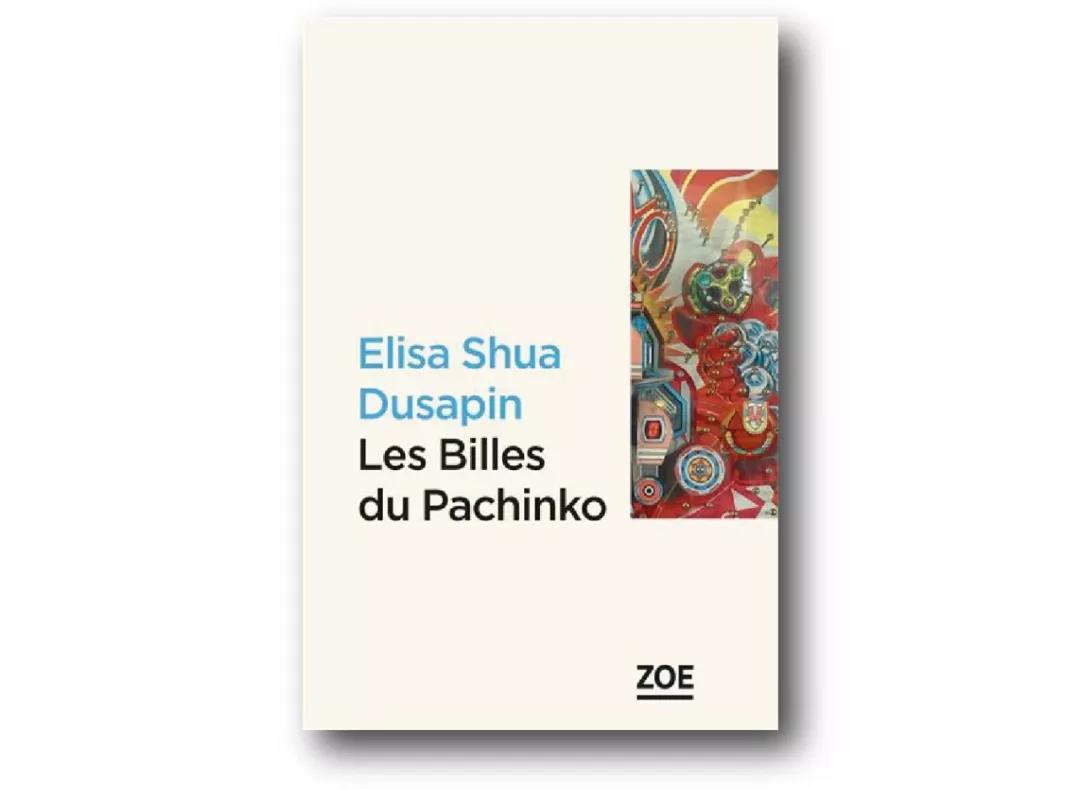




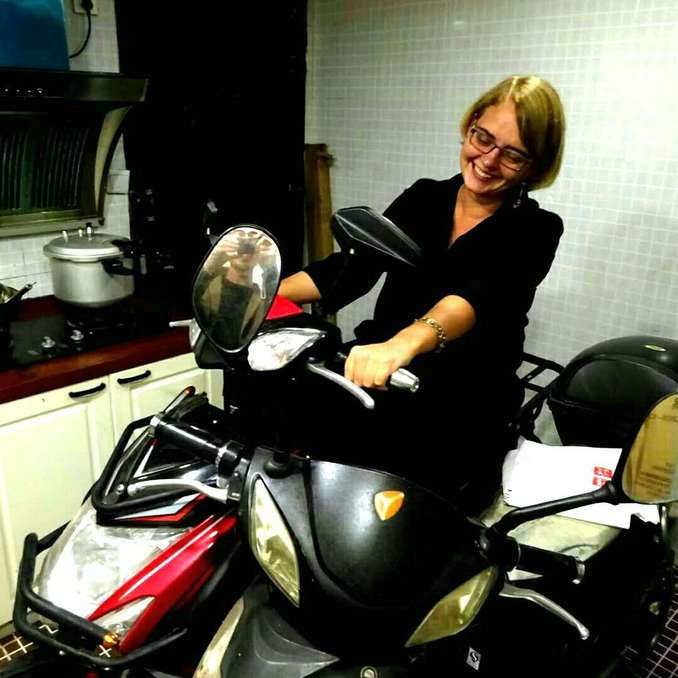
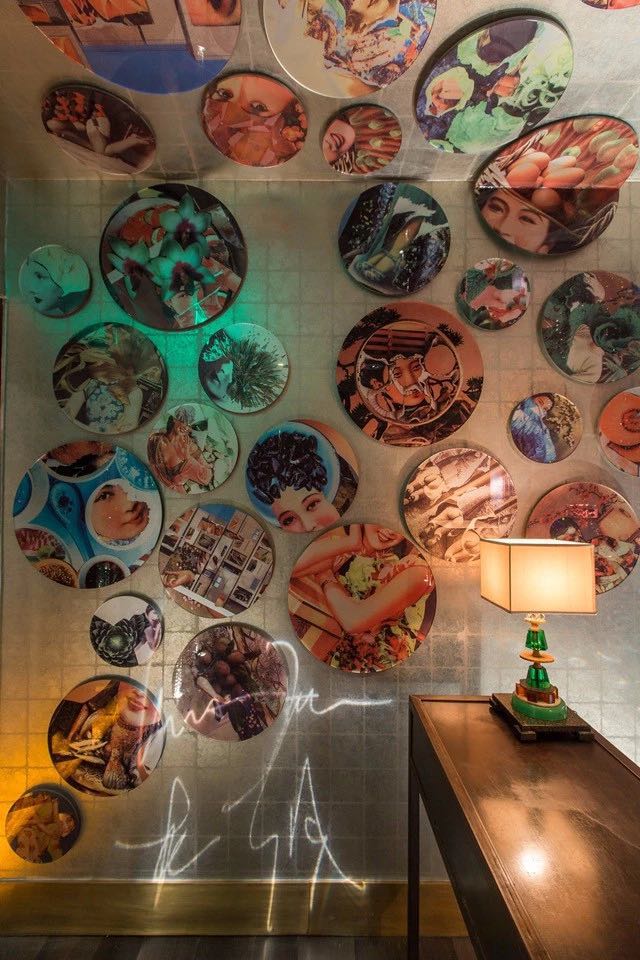

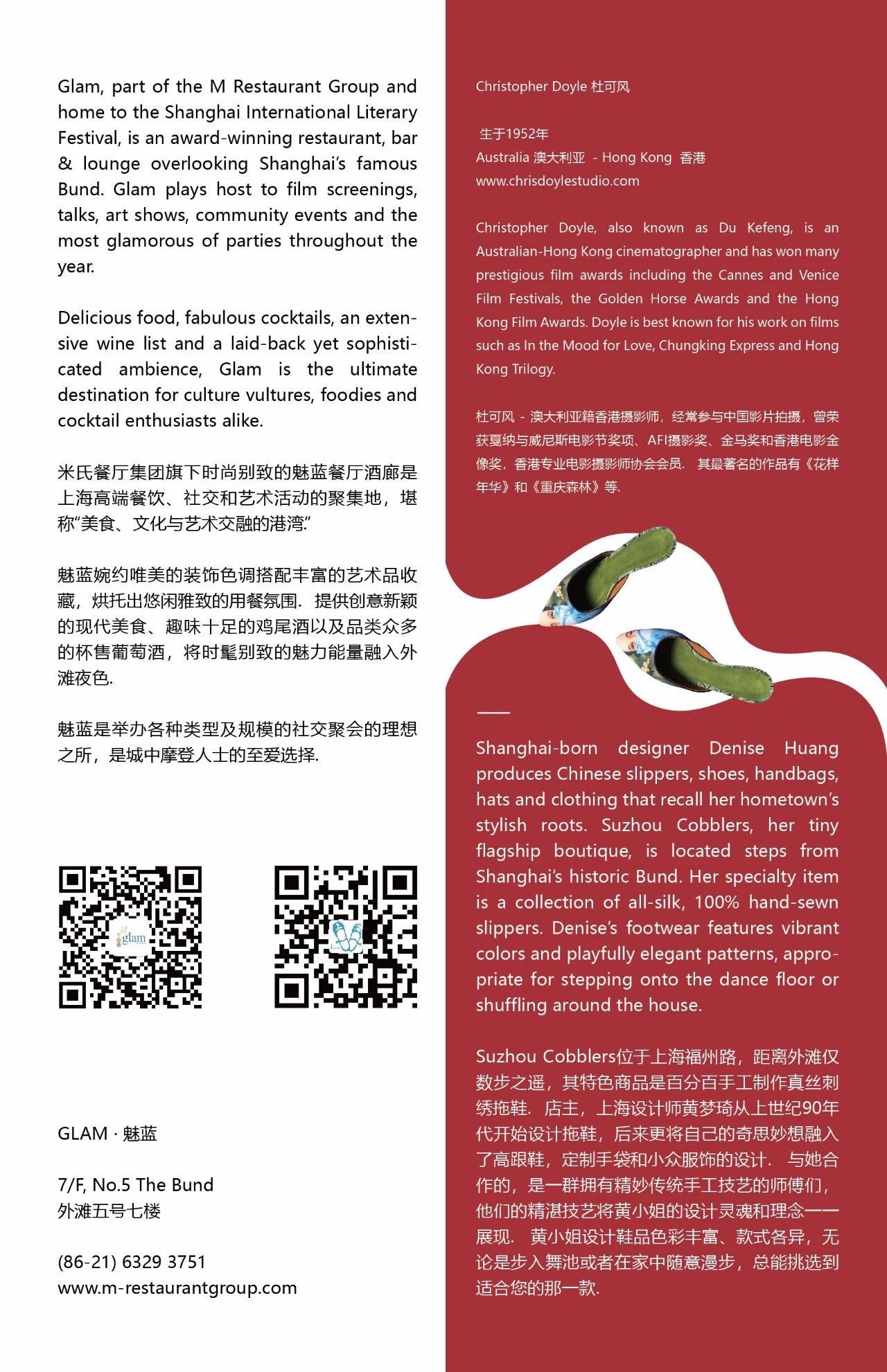
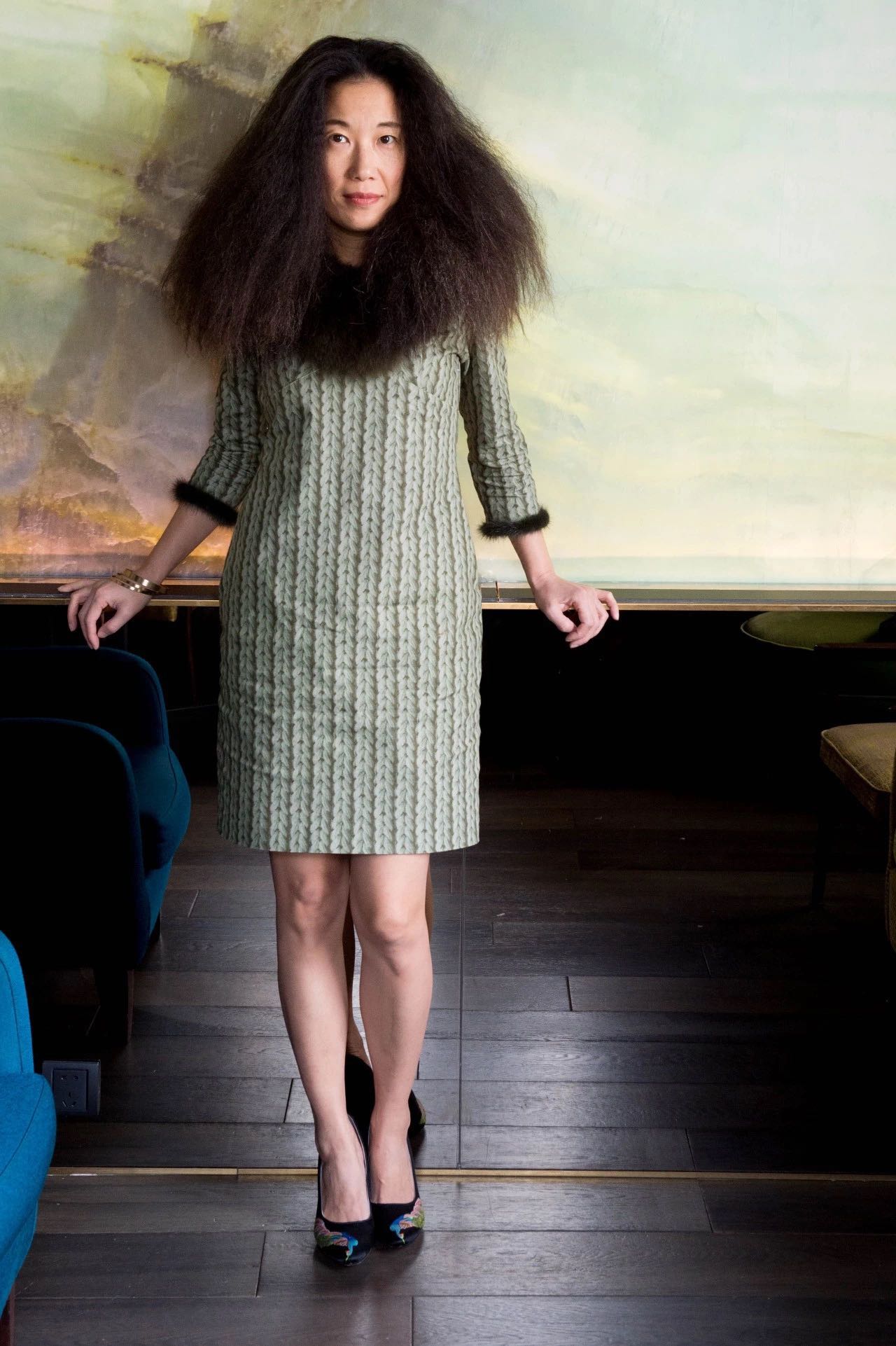 设计灵感 | Design Inspiration
设计灵感 | Design Inspiration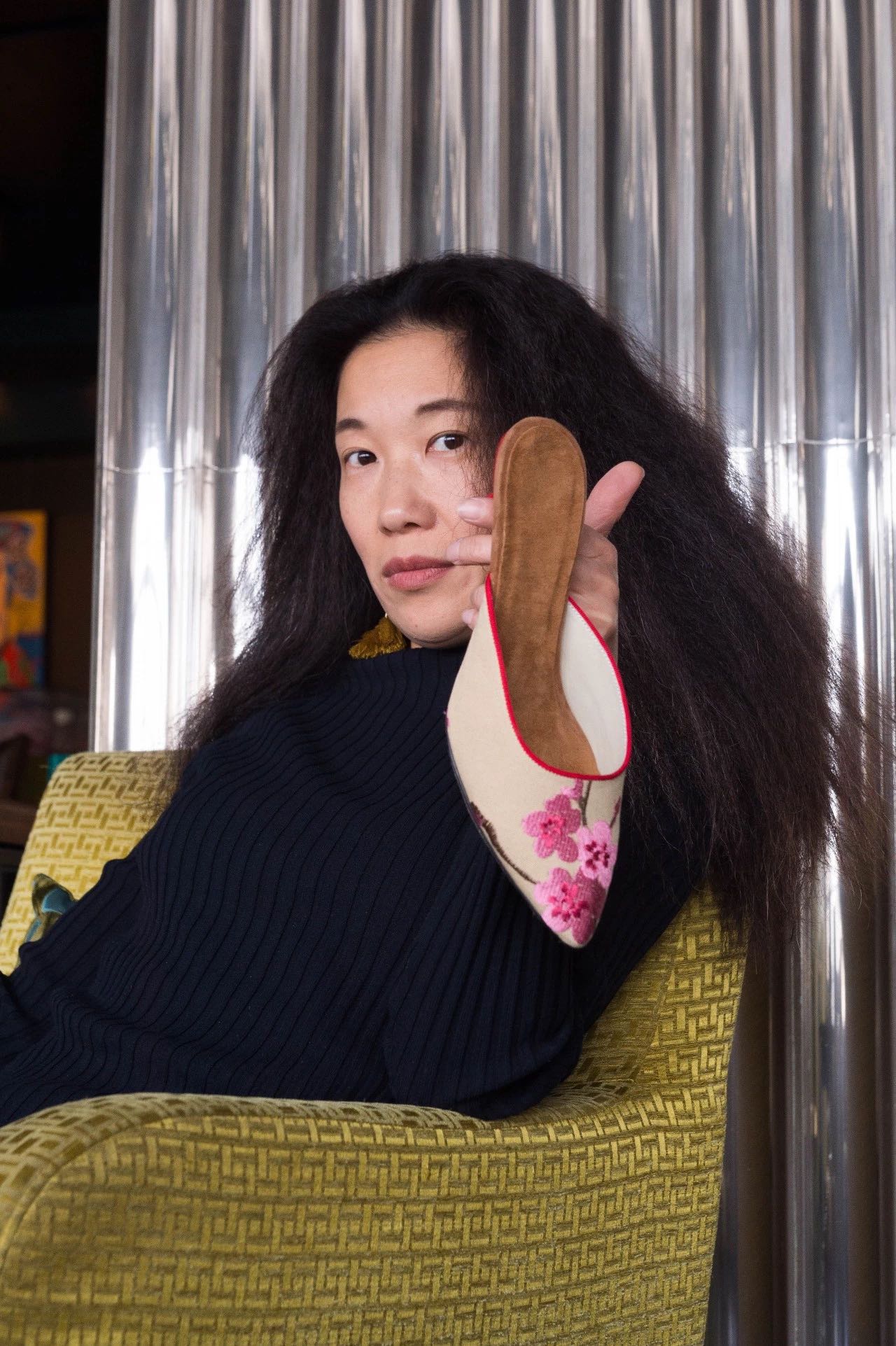
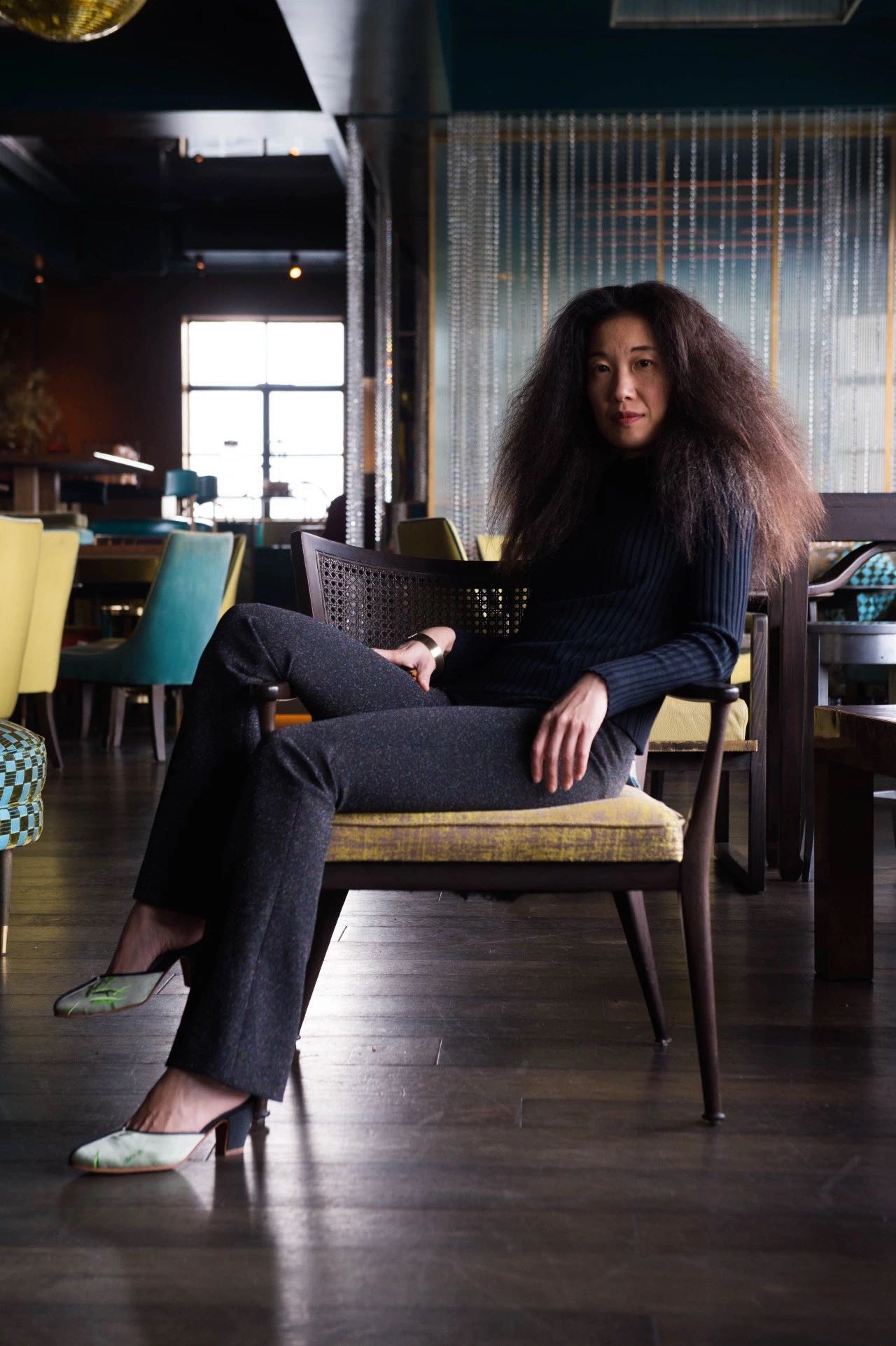 快闪店 | Suzhou Cobblers x Glam Girls Pop Up
快闪店 | Suzhou Cobblers x Glam Girls Pop Up  Suzhou Cobblers
Suzhou Cobblers
